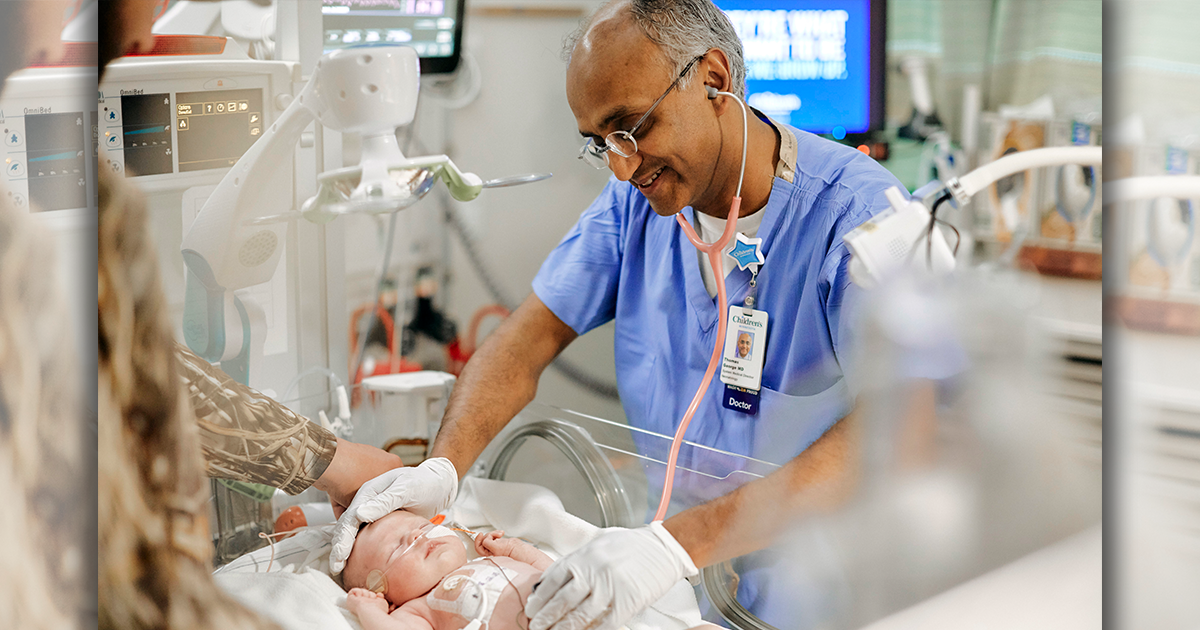Preterm birth affects up to one in ten infants born in the U.S., though there are many other conditions that may warrant a stay in the NICU. To ensure the best quality of care for infants requiring specialized medical attention, researchers leverage patient-oriented neonatology investigators (PONI). This initiative emphasizes the improvement of neonatal care and its outcomes, encompassing patient-centered research while accounting for the needs and perspectives of neonates, their family members, and healthcare providers. Here’s a closer look into what PONI entails.
The Objectives of PONI
At the most fundamental level, PONI aims to enhance and optimize neonatal care through innovative approaches, thereby leading to improved health outcomes for neonates. It also intends to bridge the gap between research and practice by taking findings and translating them into practical applications, enabling neonatal care teams to facilitate evidence-based care. A final but important goal of PONI is the promotion of family-centered care. By involving families in decision-making, PONI invites parents to become key stakeholders in neonatal care.
Core Principles of PONI
The success of PONI hinges on several key principles. First is patient-centeredness: prioritizing the wellness of neonates and their families is pivotal to this approach. These factors must be at the forefront of all research endeavors. Next, PONI is made successful through collaboration. It requires multidisciplinary teamwork among healthcare providers, researchers, and family members to address the challenges of neonatal care. Finally, as with any healthcare initiative, PONI must account for ethical considerations. To ensure the safety and confidentiality of participating patients and their families, all parties involved in the research must adhere to strict ethical guidelines and protocols.
How PONI Research is Performed
PONI research can take place in various neonatal care settings and is conducted via the following approaches.
- Observational studies: Data is collected from preexisting neonatal cases and analyzed to uncover patterns and trends.
- Interventional studies: Controlled trials are conducted to determine the efficacy of new treatments or neonatal care protocols.
- Longitudinal studies: Neonates and their family members are followed across long periods of time so researchers can observe their development and outcomes.
- Surveys and interviews: Feedback from neonates’ family members and their providers is collected and analyzed to form insights into experiences and perspectives.
Benefits & Impact of PONI
PONI is a powerful tool that can have immense benefits for patients, their families, and healthcare providers alike. The research performed can help to identify best practices and evidence-based approaches, thus leading to improved neonatal health outcomes. When these findings are implemented and family members are involved in decision-making, it also results in enhanced family satisfaction and greater collaboration between parents and caregivers. PONI also enhances the field of neonatology as a whole, leading to findings that can improve neonatal care across the globe.
The Future of PONI
While the impact of PONI is far-reaching, it comes with certain challenges. Sample size and diversity can be a barrier to research, and it can be difficult to find sufficient representation of neonates from diverse backgrounds to ensure research outcomes are applicable to a broad patient population. Long-term follow-up also remains challenging, as tracking participants over extended periods requires ongoing participation from family members. Finally, as with most healthcare research, PONI requires funding and resources which can be difficult to secure.
Despite these challenges, PONI remains a promising way to enhance neonatal care and outcomes. By prioritizing a patient-centered approach and collaboration, providers who utilize PONI can continue to advance neonatology and make positive impacts on neonates and their families.
If you’re interested in working for a healthcare organization that participates in PONI, contact Ensearch to start your job search. As specialists who work exclusively with NNPs and their employers, we have a longstanding track record of excellence in nurse placement. We’ll help you take the next step in your career, taking a hassle-free approach and ensuring a great fit. Get started with our free career consultation today.

